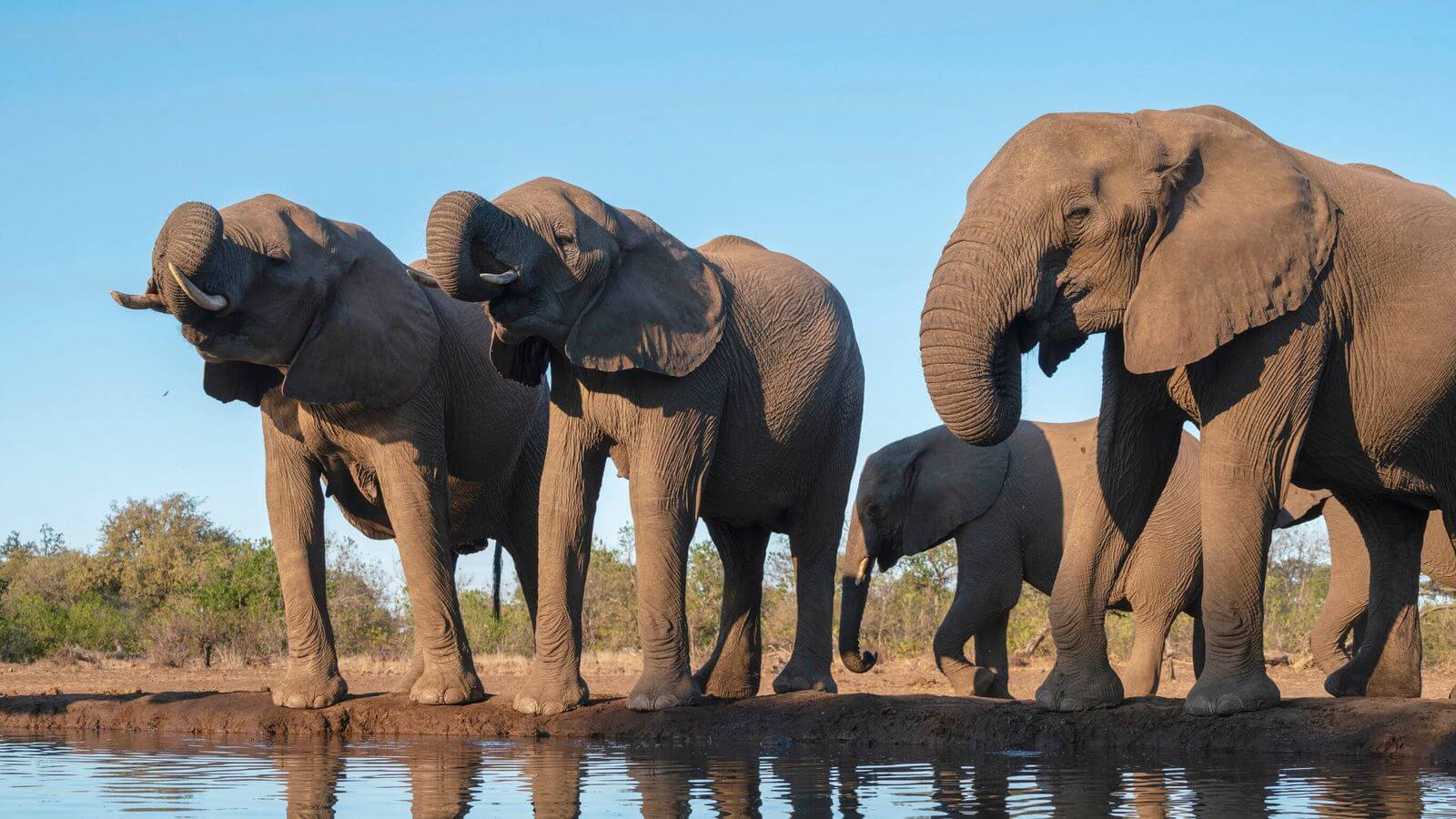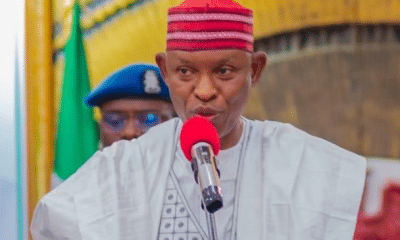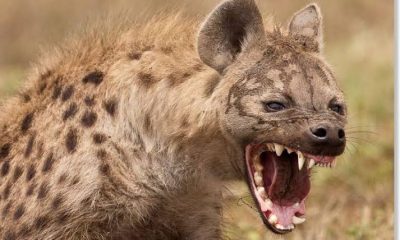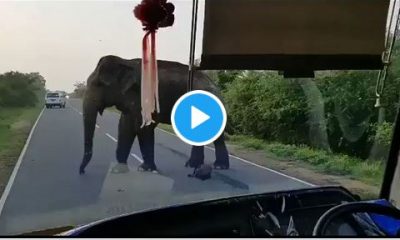Nigeria News
Nigeria Has Only 400 Elephants And We’re Still Killing It – Reps Member Laments

A member of the House of Representatives, Terseer Ugbor, has called for wildlife conversation as the country has a limited number of 400 elephants left in the country.
Ugbo, the Deputy Chairman of the House Committee on Environment, decried that instead of conserving the limited elephants there is still a hunt for its meat by communities.
Ugbor stated this on Monday, in an interview with Arise TV. He advised communities to join the government’s effort to preserve wildlife.
He noted that there was need for increased sensitization by government and stakeholders on the tourism potentials of conserving the wildlife other than killing for meat.
“Sensitization is a top priority for wildlife conservation. You talked about bush meat. I come from Benue State. I’m a Tiv man from Benue State. And we are, I think, probably one of the largest consumers of bush meat in Nigeria. So you can imagine that I’m taking a huge risk, so to say, to fight that.
“We consume bush meat more sustainably. We consume bush meat more responsibly so that the generations coming behind us will find the bush meat that our great-grandfathers consumed, and the bush meat that we’re consuming today, we can leave some of it for our generations coming before us to also consume it.
“But how do we achieve this? We have to consume bush meat more sustainably. We have to be able to create a culture of farming, protecting our bush meat, hunting these things in a way that we don’t completely wipe out the populations of the different species of bush meat that we have in the country. And if there’s a particular bush meat that is going extinct completely, then we need to protect it so that it doesn’t go extinct, and we don’t lose that species of bush meat in Nigeria forever,” Ugbor said.
He explained that the federal government has started engaging nongovernmental organizations to ensure the country’s wildlife is conserved and to maximize its tourism potential.
“This is very, very important. So senitization is very key. It is one of the reasons why the federal government has decided to kind of enter public-private partnerships with international and local NGOs who are interested in taking over the biotourism aspects of our national parks.
“One of the purposes of this is to do more awareness, more marketing of our national parks, more sensitization, more outreach, and of course to develop a logistics framework through which tourists can be taken to our national parks, camps can be set up, people can go in and have their holidays during the holiday seasons at our national parks.
“All these initiatives are all aimed at creating more awareness, more information about the importance of our biodiversity, importance of conservation, the richness of our national parks. Nigeria is so rich in biodiversity,” he added.
The Deputy House Committee Chairman on Environment stated when compared with other countries like Botswana, Nigeria has a few number of elephants. He said the limited number should be a wake-up call for the citizens to join the government in preserving the wildlife.
“Many countries of the world have few number of wildlife in large quantities. So you see a country like Kenya has 35,000 elephants, a country like Botswana has 110,000 elephants. Nigeria has less than 400 elephants, not even up to 1,000, less than 400 elephants, and we’re still killing them.
“Once communities see an elephant, the next thing they just look at it as bushmeat and they just go ahead and kill it. So a few years from now, we’ll wipe out all the elephants from Nigeria. So what happens to the tourism potential? So the bushmeat they are eating today could make you millions of naira and millions of dollars if you only preserved it and protected it and saw the bigger picture of what this bushmeat can earn you or can do for you in other areas instead of just turning it into bushmeat and eating it,” Ugbor said.












